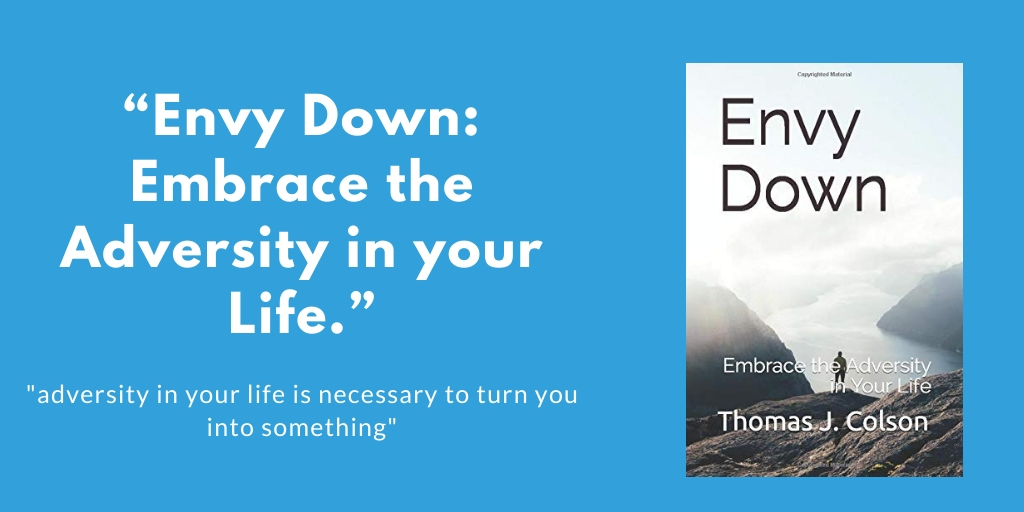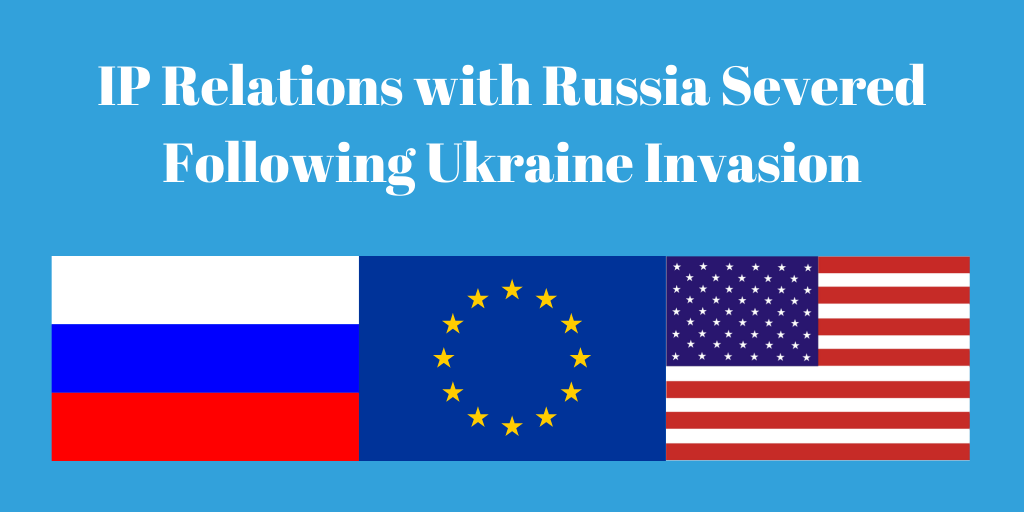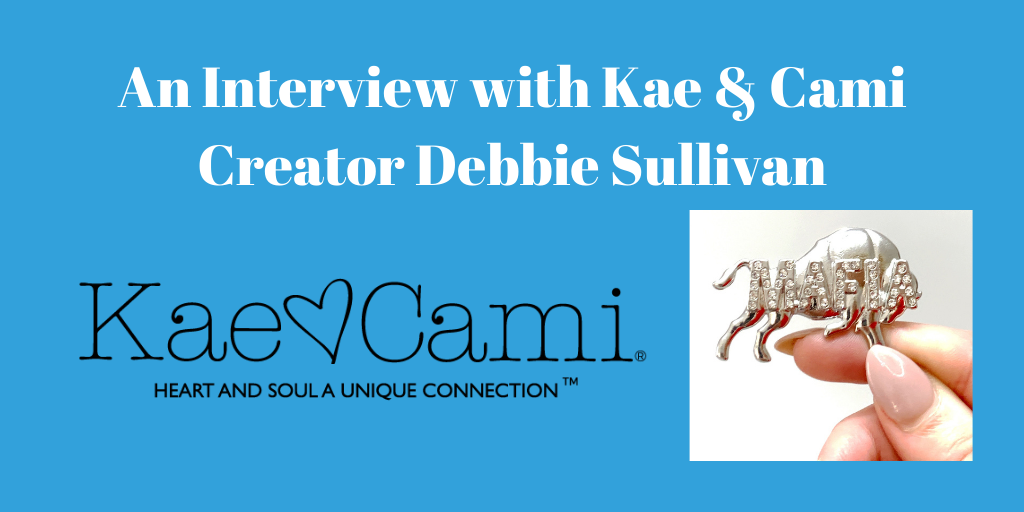In Matt Chandler’s Buffalo Business First article, Legal Community Weights in on Patent Case, Western New York’s business newspaper, I was quoted along with other Western NY patent attorneys regarding the US Supreme Court case of Bilski v. Kappos (the case which will decide how business method patents are to be reviewed by the United States Patent and Trademark Office).
Chandler noted, “Sources from the Buffalo legal community said it is a case that has been on their radar for quite some time, and their opinions on how the court should or will rule were mixed.”
I was quoted saying,
…believes the rejection of Bilski’s patent could have wide-ranging negative consequences.The plaintiff is saying, ‘We’re the first person to come up with a way of doing this. Why shouldn’t we get value for it?’ ” he said. “Why would people even bother coming up with new ideas and ways of doing business if it’s just going to be stolen from them?”He said followers to his Twitter page – many of whom are patent attorneys – have also been weighing in on the Bilski case via daily tweets.
Michael Berchou, a partner at Phillips Lytle LLP, believes if the past is any indication, change may be on the horizon.
Anytime a case is going up to the Supreme Court, I think it usually suggests that the Supreme Court sees something in the federal opinion that they want to take a closer look at, and there might be a change in the law …The bigger question is: Are they going to set out a new standard that might impact software companies and the patents that are in effect today?
I think should the court affirm the appellate court’s ruling that the Bilski patent should not be issued, the business-methods patents already in place may be invalidated. This could have great economic consequences to many software companies, for example, computer software now protected by patents would be open to copying without payment of a royalty or fear of an infringement law suit.
Other related posts:
Senator Leahy Uses Bilski to Push Patent Reform








